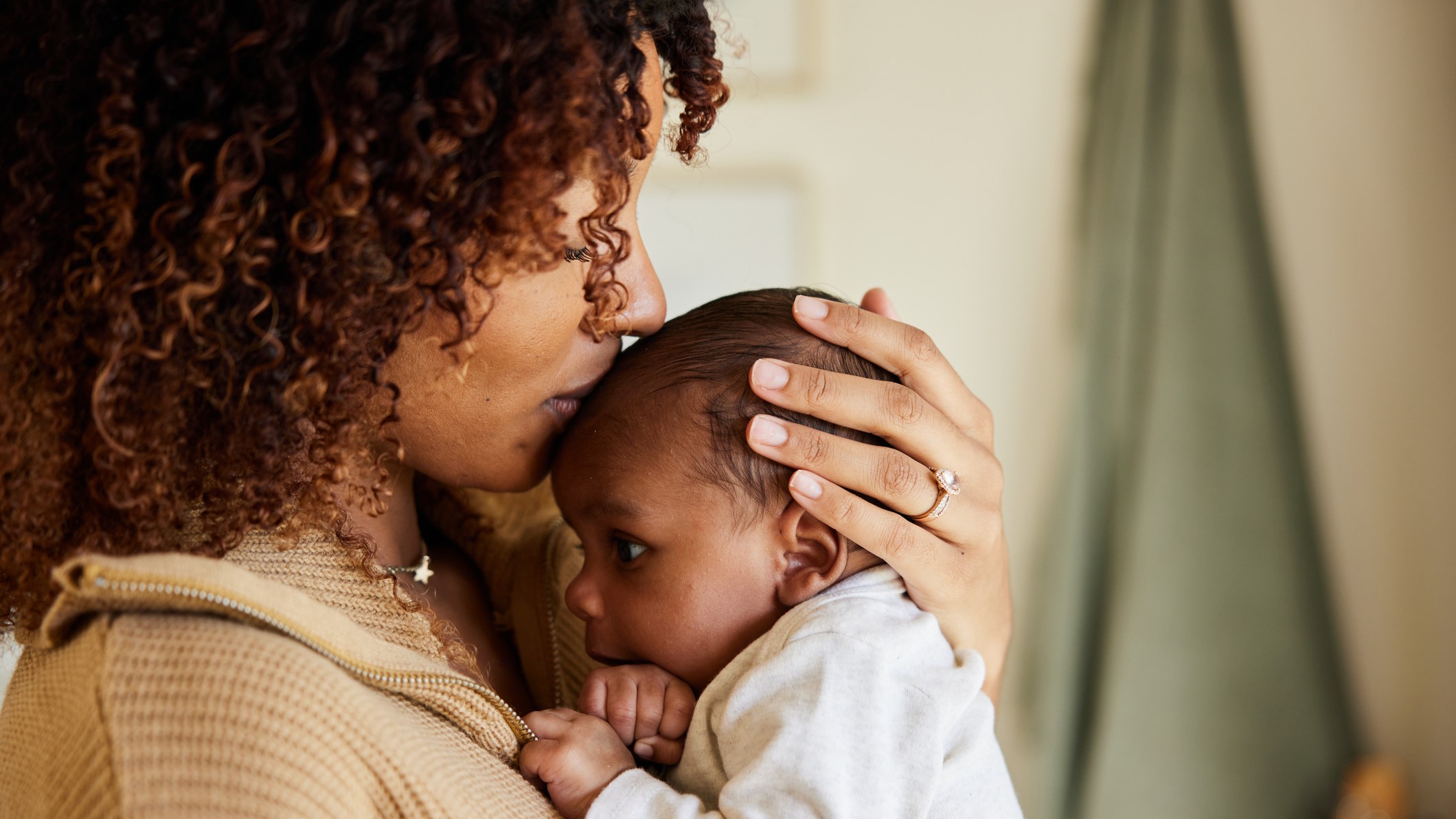A new baby can be cause for excitement — and stress. Mental health issues during and after pregnancy are common and treatable. Approximately 70% to 80% of women experience sadness, mood swings and crying episodes after giving birth, according to Mental Health America. These feelings are sometimes called the “baby blues,” and often go away on their own within a few weeks. But when symptoms are more significant, last longer or get in the way of caring for oneself or a new baby, it could indicate a mental health disorder that requires diagnosis, treatment and support from a provider. As many as 1 in 5 women will experience a mental health disorder during or after pregnancy.
Symptoms can include:
• Feeling extremely sad, irritable or anxious
• Difficulty bonding with the baby
• Problems eating or sleeping
• Troubling thoughts that won’t go away
• Fears or thoughts of harming oneself or the baby
Symptoms can appear at any time during pregnancy and the first 12 months after childbirth. Many of these symptoms can be present in a range of mental health conditions both during and after pregnancy. These can include pregnancy related depression and anxiety, panic disorders, obsessive compulsive disorder and psychosis. These conditions usually need treatment to get better. Members should talk to their provider about their symptoms to understand if they’re experiencing the “baby blues” or something more.
Getting support right away helps to deliver the best possible outcomes. Here are some resources:
• Routine care. Members should talk to their provider during recommended prenatal and postnatal care visits about any mental health symptoms they may be experiencing. Providers can screen for mental health conditions and connect members with the appropriate care.
• Care Companion. As their pregnancy journey begins, members who are seeing a participating provider have access to Care Companion – Healthy Pregnancy through My Health Online. After completing a screening for postpartum depression, members can get connected quickly to care, if needed. For more information, visit these FAQs.
• Mental health services. Members have access to mental health services through U.S. Behavioral Health Plan, California (USBHPC). Members can self-refer for in-network office or virtual visits. Visit Live and Work Well or call USBHPC at (855) 202-0984 to find a provider.
• National Maternal Mental Health Hotline. Pregnant and new mothers can call or text (833) 852-6262 for 24/7 support in both English and Spanish.
• 988 Suicide & Crisis Lifeline. If someone is in a suicidal crisis or emotional distress, they or a loved one can call or text 9-8-8, any time, day or night, to reach free, confidential emotional support.


